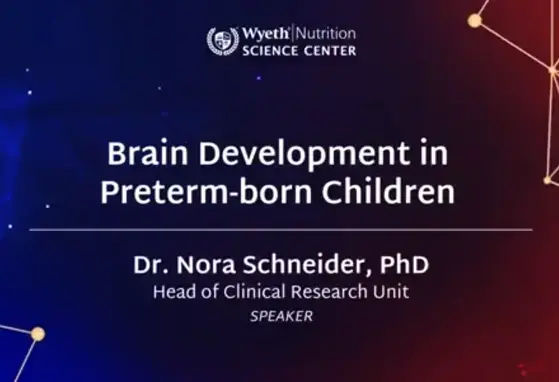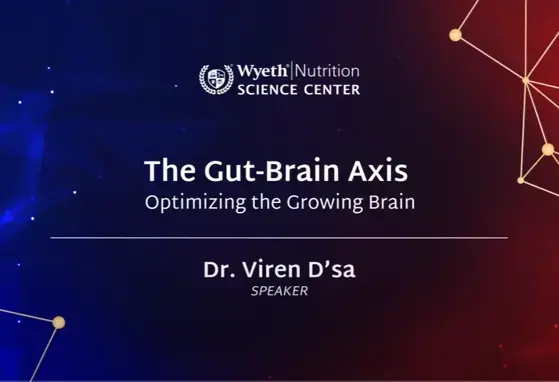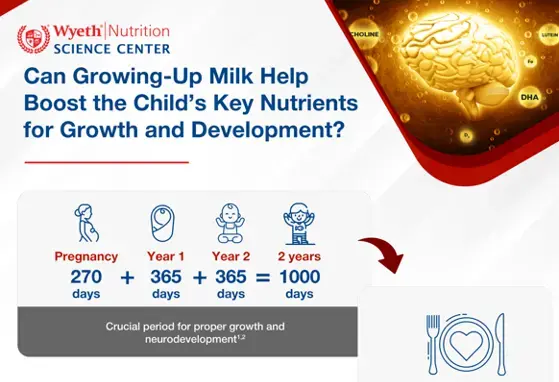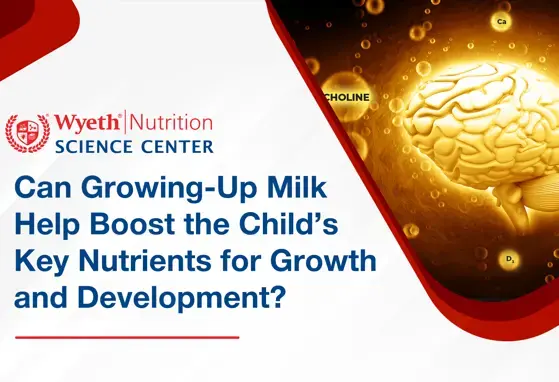Brain development and nutrition in toddlers–update from the Baby Connectome Project - Prof. Weili Lin
The Baby Connectome Project (BCP) and the BCP-Enriched studies investigate brain development trajectories in the first years of life and influencing factors such as nutrition, sleep and gut microbiota.
The first years of life represent one of the most dynamic and critical time periods of brain development. In addition to a rapid increase in brain volume, marked development of cognitions emerges during early infancy. While some of the phenotypes of early brain development can be easily observed with age, e.g. increased brain size, improved motor skills, ability to interact with parents and so on, our understanding of the neural substrates underpinning these developmental processes remains an area of active research. In particular, numerous factors could interact and affect early brain development.
To this end, the Baby Connectome Project (BCP), an NIH-funded project, aims to acquire high-quality magnetic resonance images and conduct a comprehensive battery of cognitive assessments and parent reports from a cohort of typically developing children 0–5 years of age, enabling rigorous characterisation of early brain development. The BCP is further enriched (BCP-Enriched Study) by garnering additional critical parameters that could affect early brain development, including nutrition (breastmilk samples, feeding practices, mother–child dyad dietary information), sleep quality, home environment and faecal samples for children 0–3 years of age.
In this lecture, detailed growth trajectories of structural and functional brain development during the first 5 years of life will be reported. In addition, how nutrition as well as sleep quality could impact on early brain development will be discussed. Finally, preliminary results on the interaction of microbiota and early brain development will be shown.
WYE-EM-107-MAY-20
Reference
Prof. Weili Lin. 9th Annual Wyeth® Nutrition Science Center Global Summit. 2020
If you liked this post you may also like



Infographic - Can Growing-Up Milk Help Boost the Child's Key Nutrients for Growth and development?

The Learning Lead - Volume 2, 2024: "Can Growing-Up Milk Help Boost The Child’s Key Nutrients for Growth and Development?"